Summit Workshops
Nature & Conservation - Details
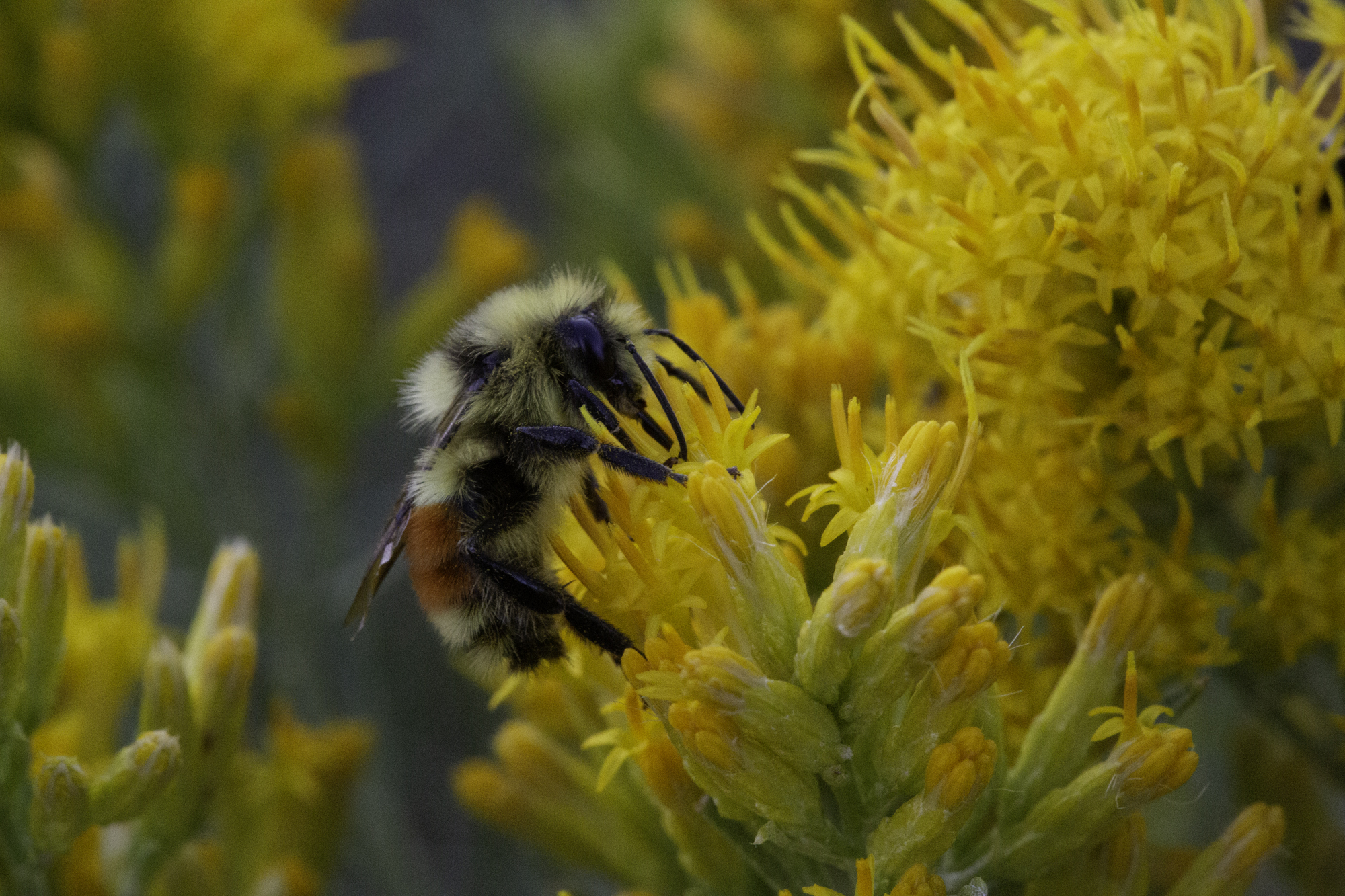
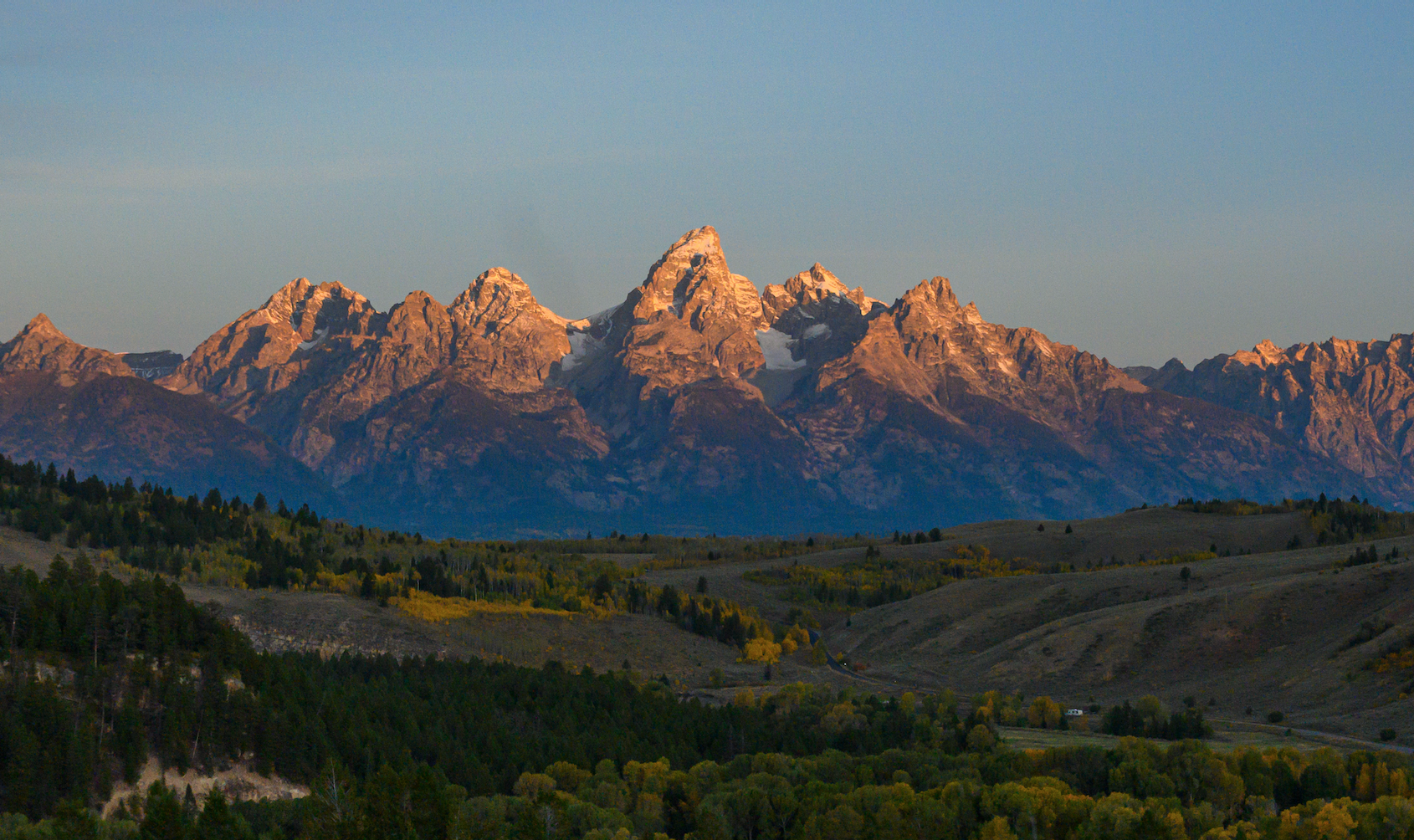
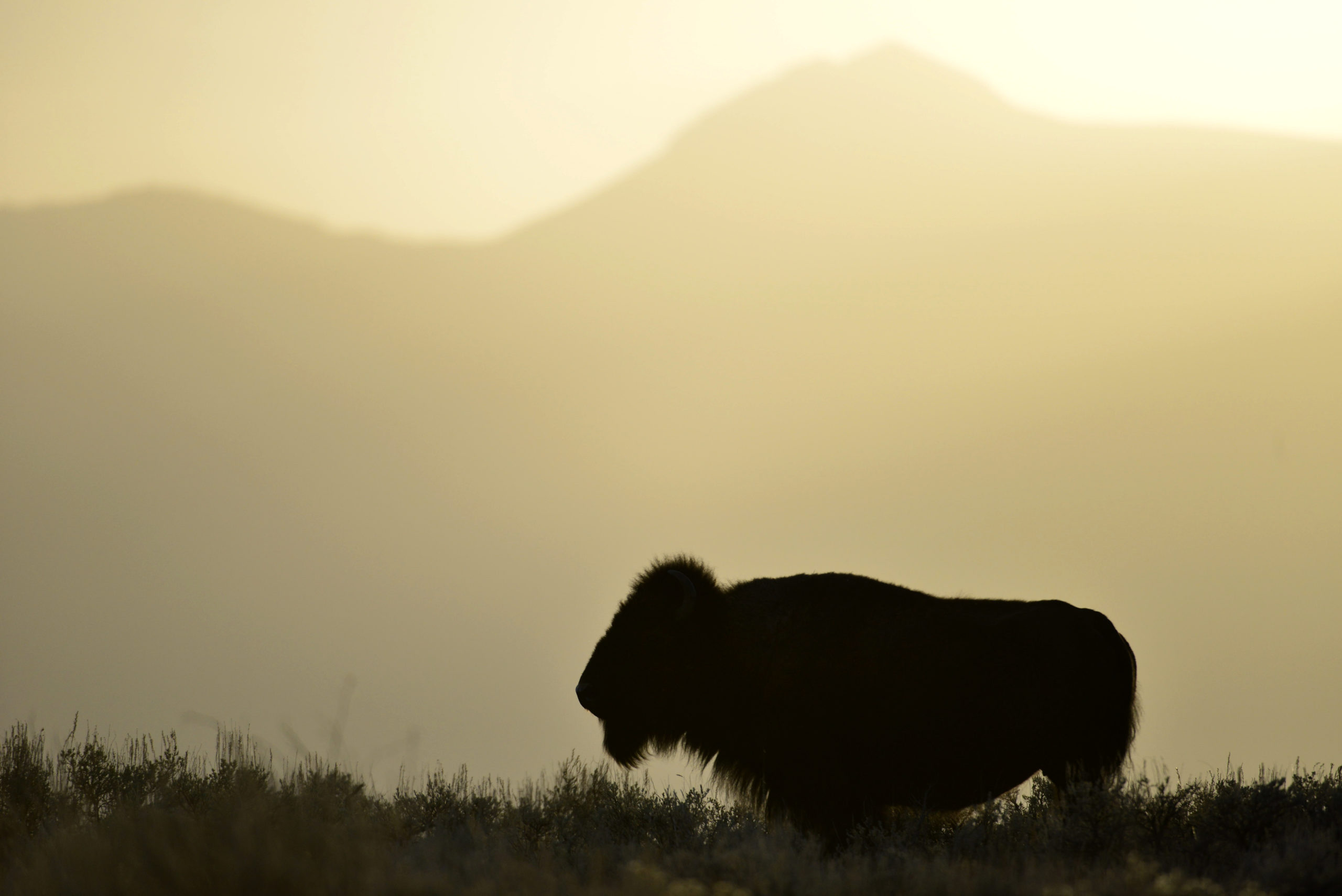
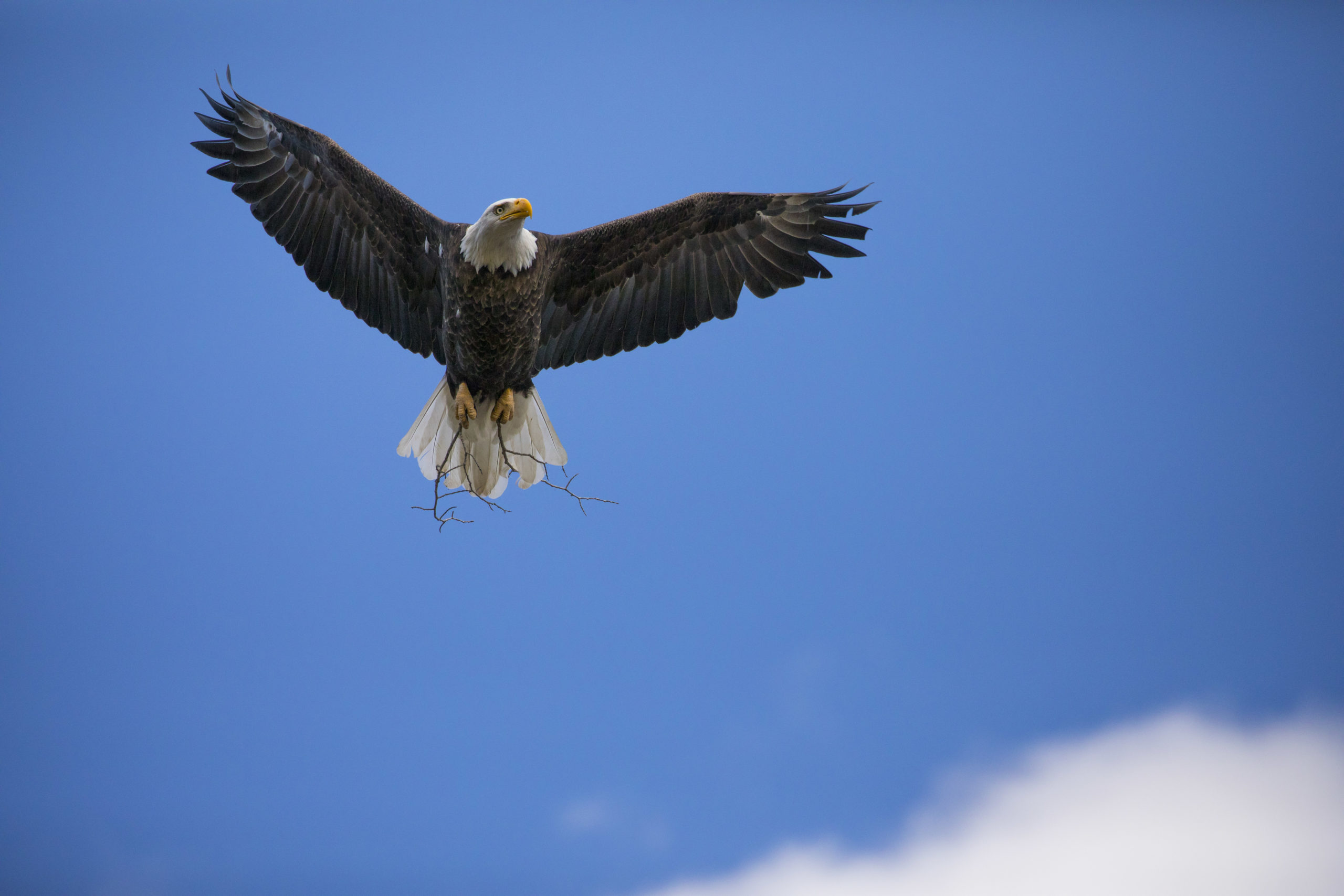
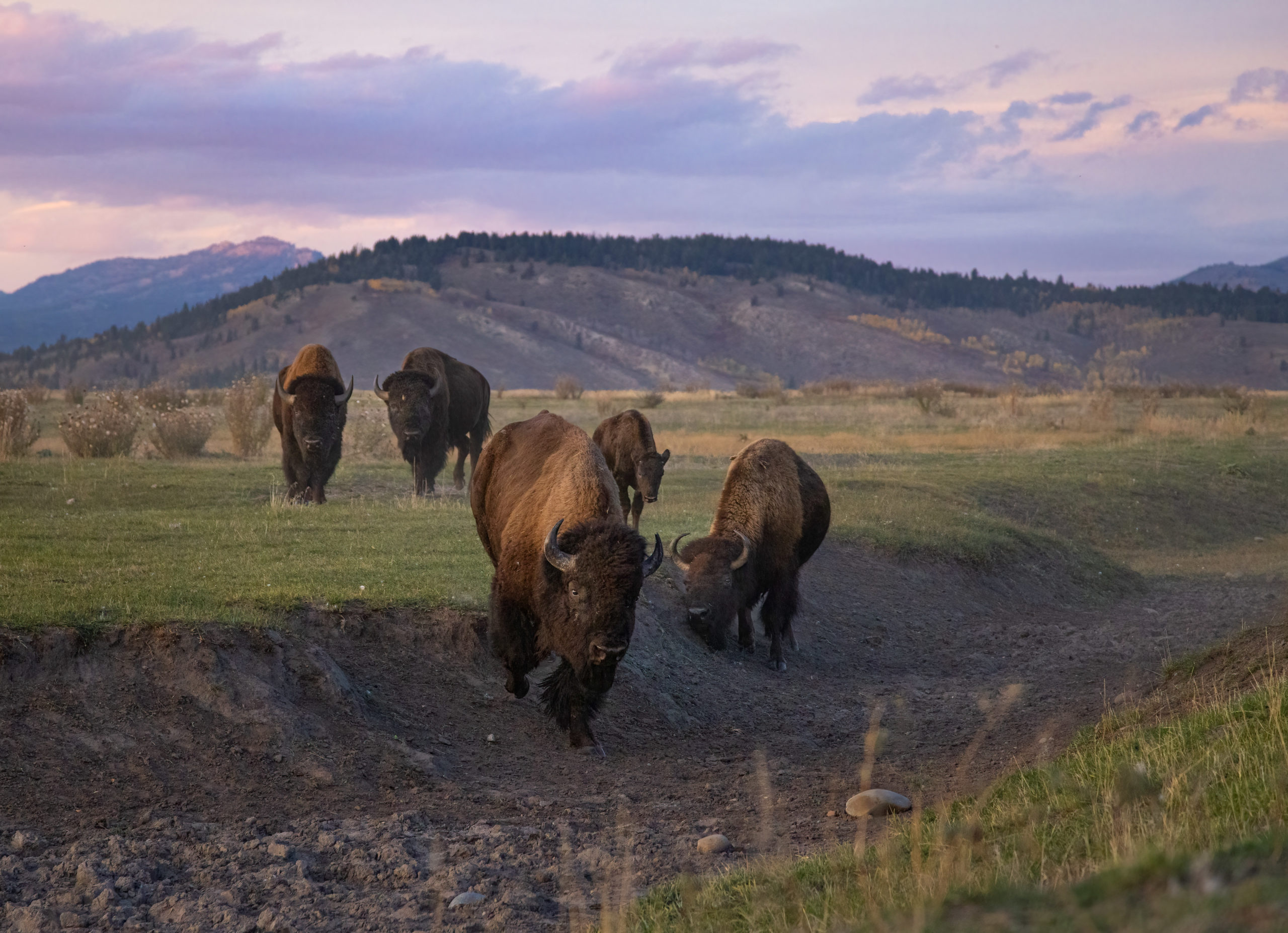
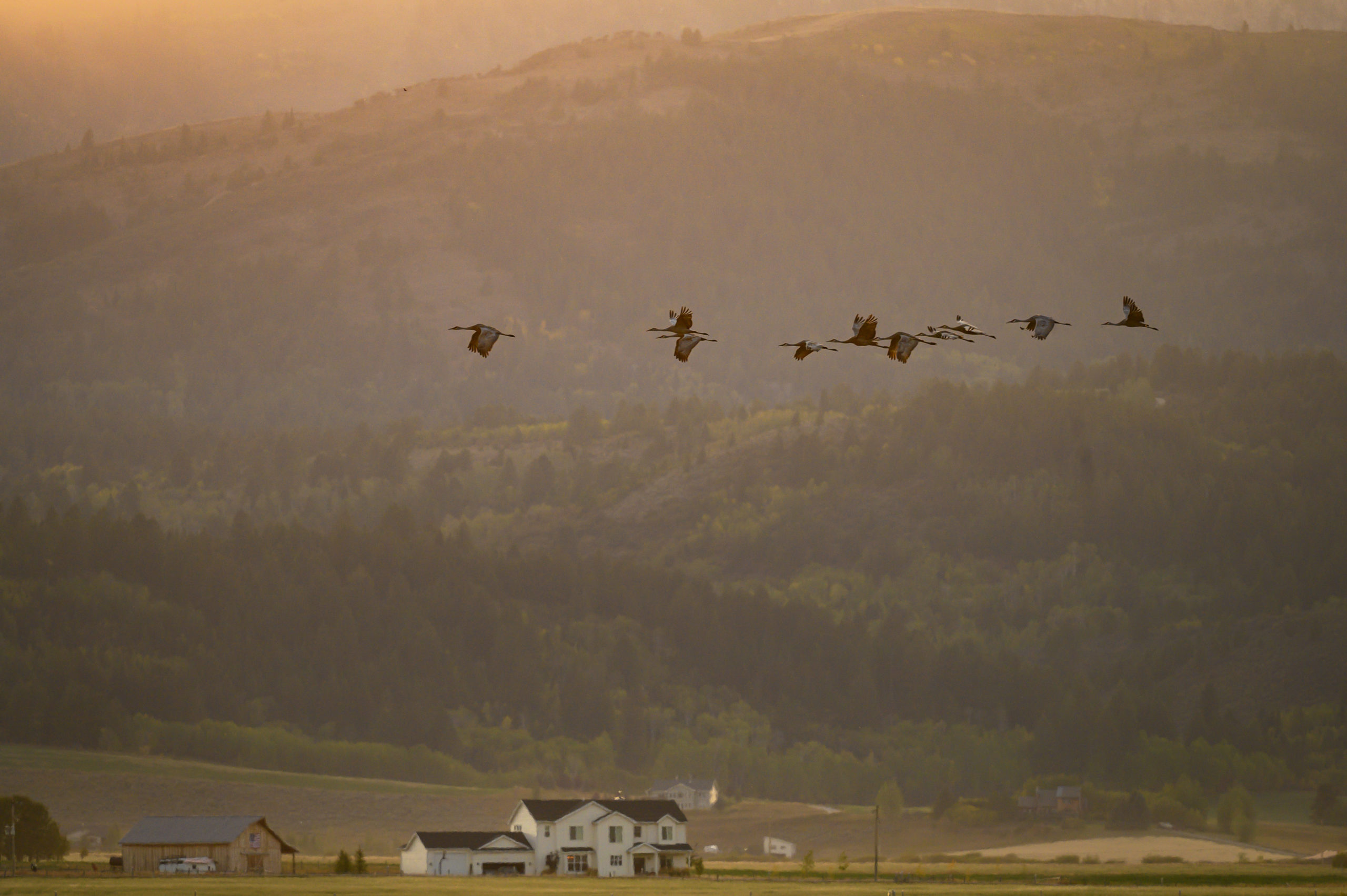
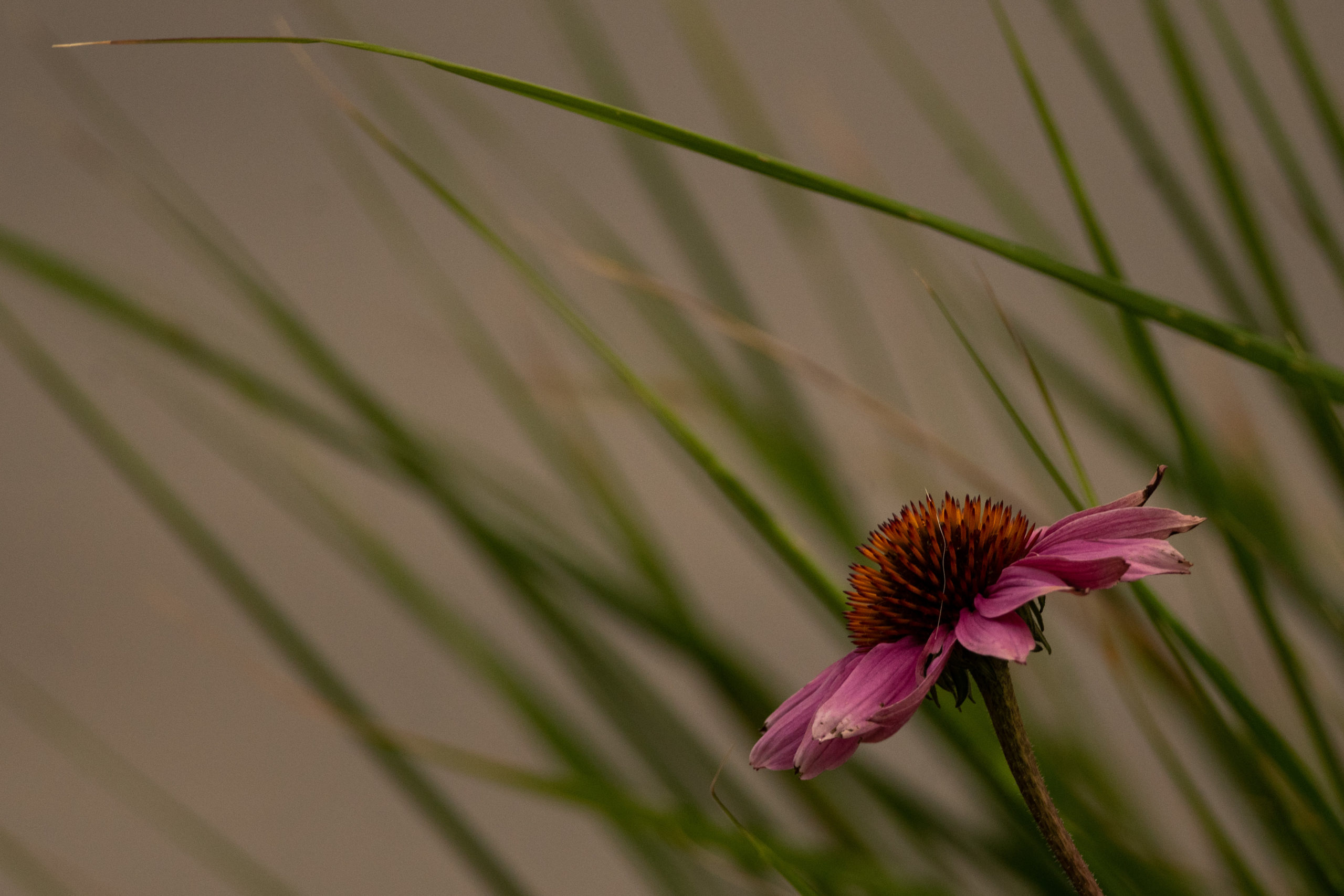
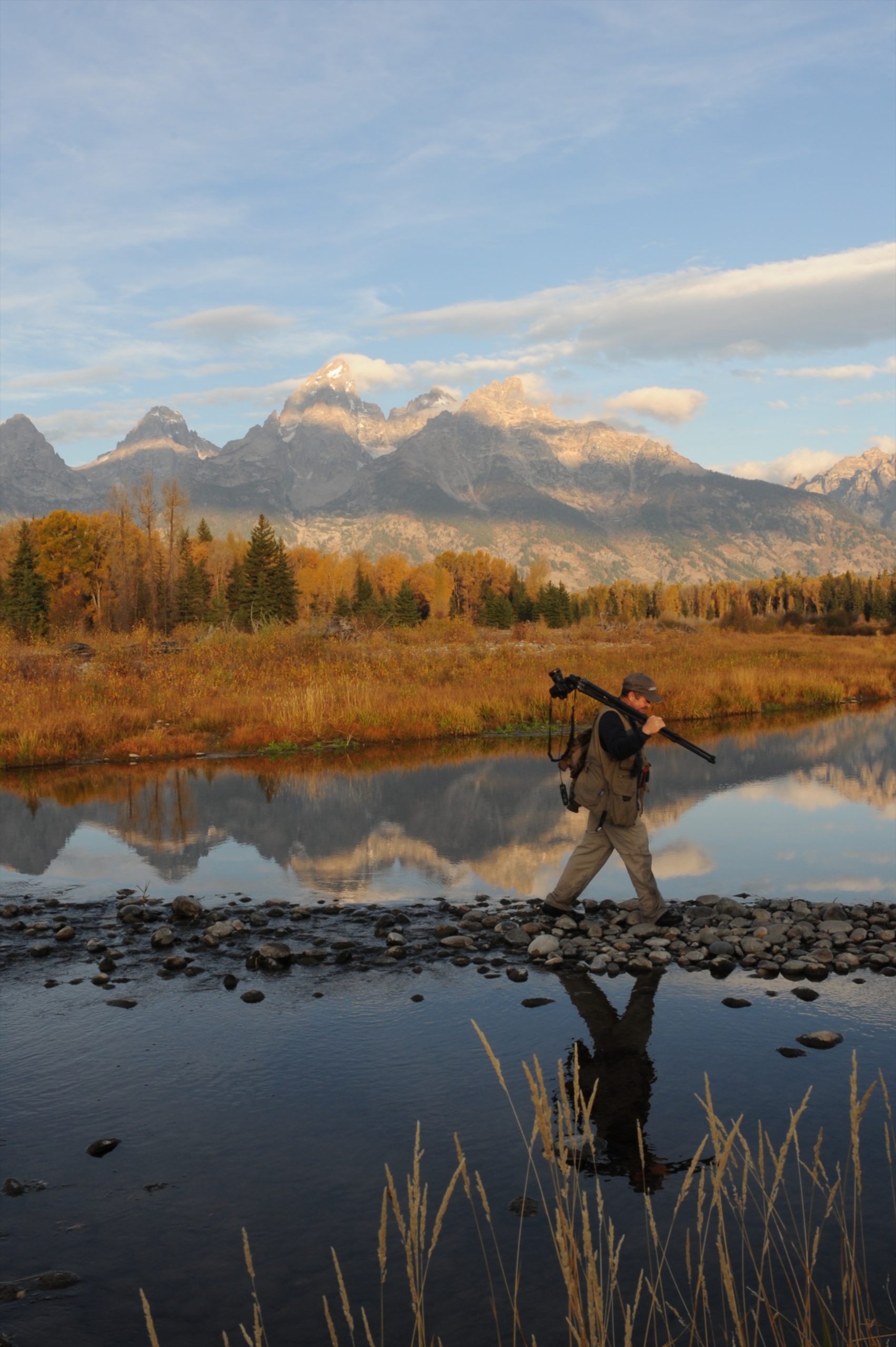
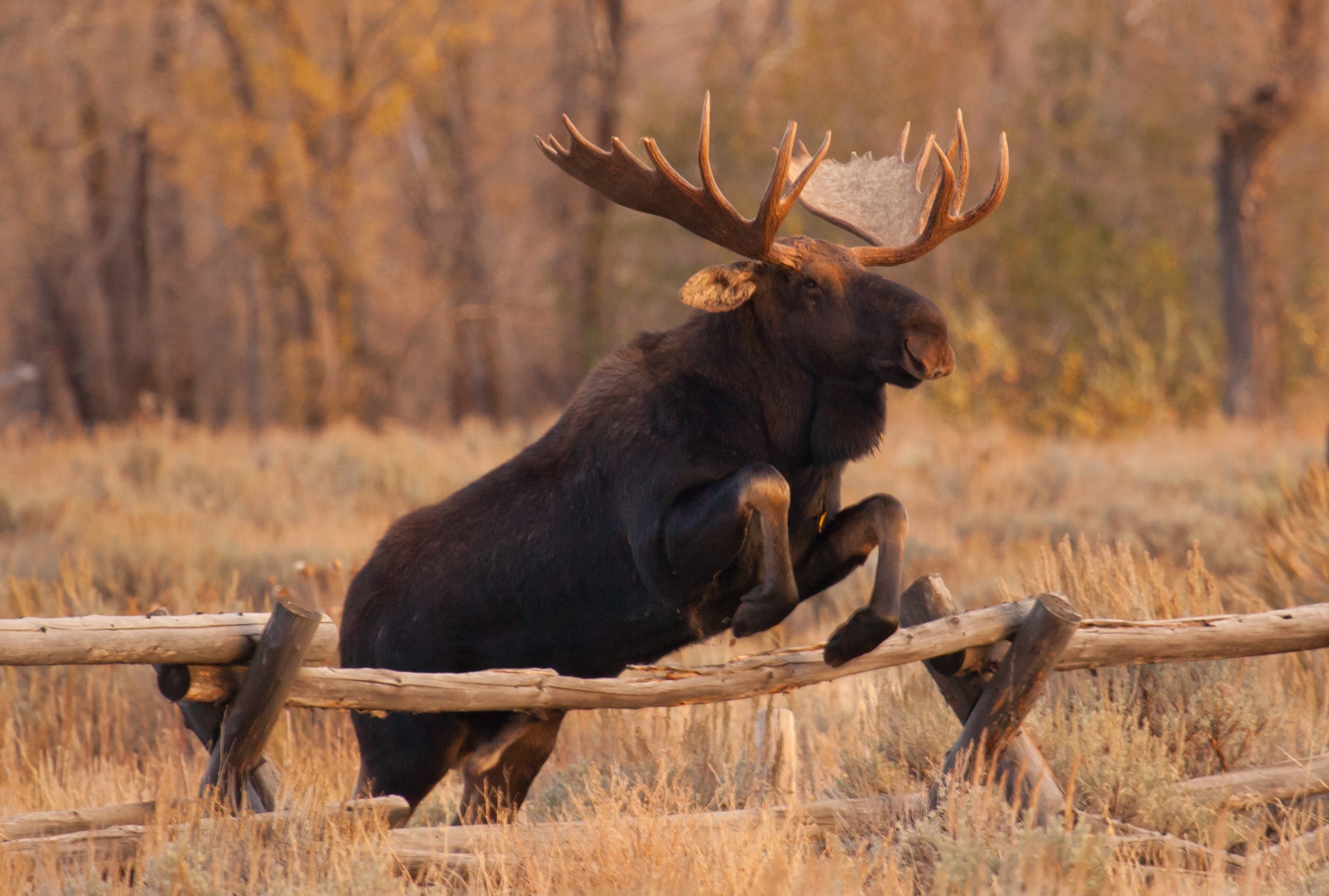
Location: Jackson Hole, WY | Dates: october 1 – 5, 2023
about this workshop.
The Nature and Wildlife Workshop, also called Photography at the Summit, is the longest-running workshop in the Summit Series. It brings together a faculty of top international photographers and editors — many from National Geographic — and combines it with the beautiful setting of the Grand Tetons. Our faculty offers a wide-variety of photography knowledge, so a student may go shoot in the morning with an expert nature photographer, review their work in the afternoon with a professional editor, then go over their editing process with a tech expert. This workshop provides participants the opportunity to learn from, photograph alongside, and network with the very individuals who are uniquely positioned to help them with their career development. While many nature workshops provide you with an opportunity to shoot outstanding nature photos, we take it one step further by truly offering you a chance to both expand your portfolio and to expand your network. Included in the instructional sessions will be lectures on conservation photography, freelance photography, and marketing and software/technology.
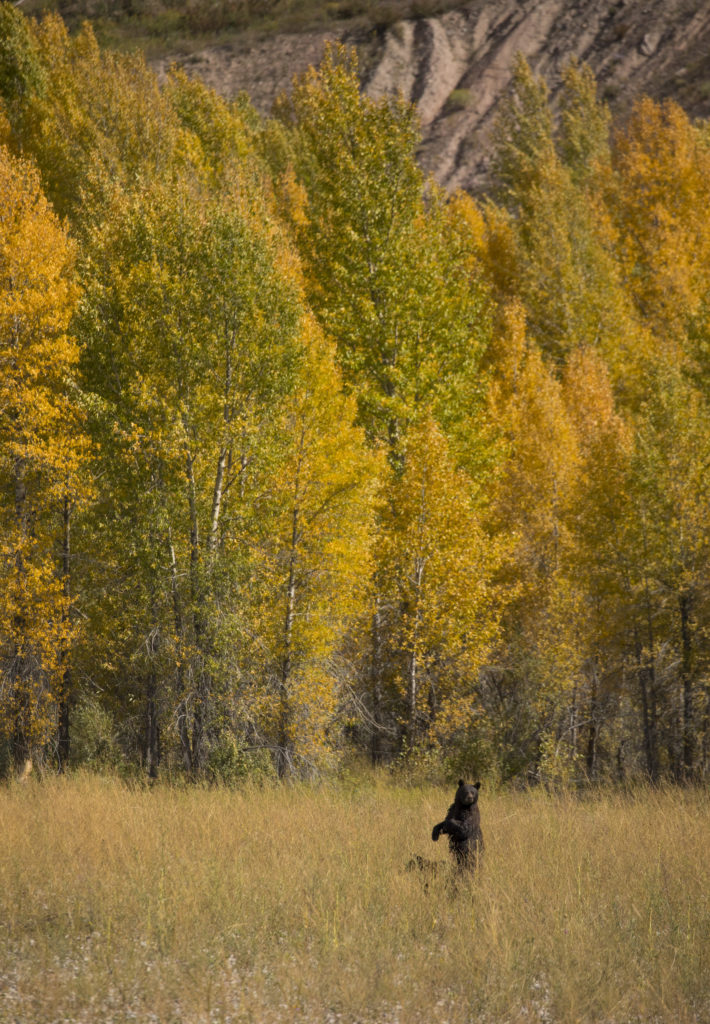
Workshop Schedule
*subject to change
Day One - October 1st
- 1pm: Check-in / overview / Introductions – Check in at workshop
Classroom, The Virginian Hotel Conference Room - 2pm: Conservation Photography: Michael Forsberg & Jim Richardson
- 4:30pm: Depart for on-location shooting
Day Two - October 2nd
Summit Workshops x R Lazy S Ranch Day!
The group will all be at the R Lazy S Ranch for the majority of the day. We will be doing shooting sessions and field instruction with breakfast and heavy apps provided. More details to follow.
Day Three - October 3rd
- 6am – 10am: on-location shooting
- 10:30am: classroom opens for downloading/editing
- 10:30am: Public Presentations with Peter Mather
- 11:30-2pm: lunch break
- 2:00-3:30pm: Portfolio Reviews (sign up link will be sent out)
- 3:30pm Image critique
- 5:30pm: Depart for on-location shooting
Day Four - October 4th
- 6am – 10am: on-location shooting on your own! You can use this time to go out into the field or sleep in/edit photos!
- 10am classroom opens for downloading/editing
- 10-11am: Summit Conversation with Mariah Lundgren and Katie Schuler
- 11-1pm: lunch break
- 1pm – 2pm: Summit Conversation with Jim Richardson and Dave Showalter
- 2-3pm: Marketing Your Work
- 3:30pm:Image critique
- 5:30pm: Depart for on-location shooting
Day Five - October 5th
- 6am: On-location shooting with faculty
- 10am-12pm: Meal break
- 12pm-2pm: Portfolio Reviews
- 2pm: Images Due
- 3pm- Image critique
- 4:30pm: Instructor Roundtable
- 5:30-7pm: Closing reception
Recommended camera gear
- Minimum 1 camera body, 2 ideal
- Wide angle lens
- Medium zoom lens
- telephoto lens
- Camera bag
- Camera bodies
- Camera lenses
- Camera batteries / charger
- Laptop / charger
- Memory cards
- Card reader
- Monopod / tripod if you typically use one
- SONY will be on-site with gear you can loan out!
Packing Considerations
Jackson in the fall can be quite chilly. It is not unusually to have snow in the early morning and warm sun in the afternoon. Plan to dress in layers so that you are prepared for any conditions.
This workshop involves light walking and hiking – often through brush. We recommend hiking boots or sneakers.
It is also very important to stay hydrated as we are at elevation! You will want to stay on top of water from start to finish and please remember hat, sunscreen, snacks and anything else you might need.
Your instructors
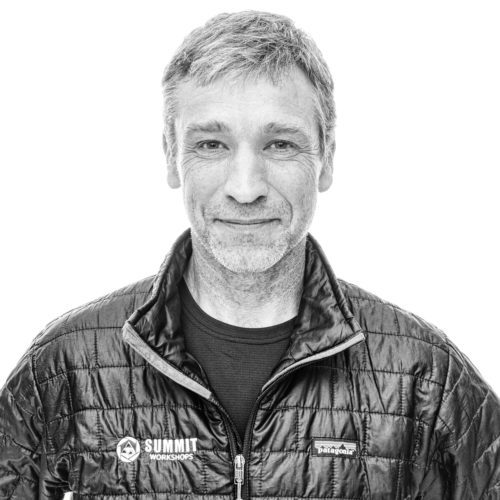
Michael Forsberg
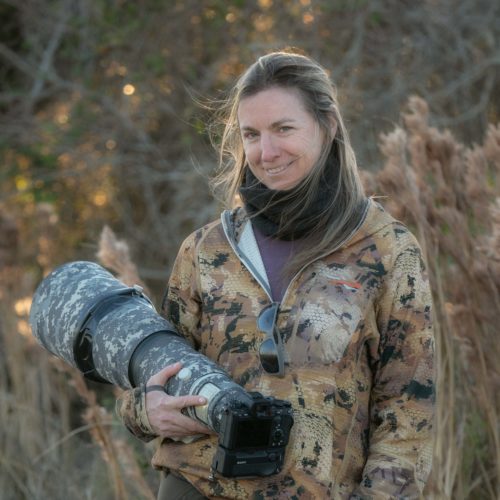
Melissa Groo
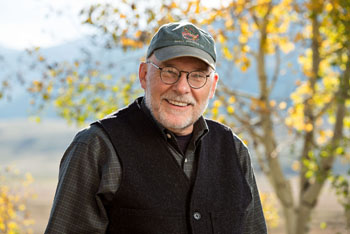
Jim Richardson
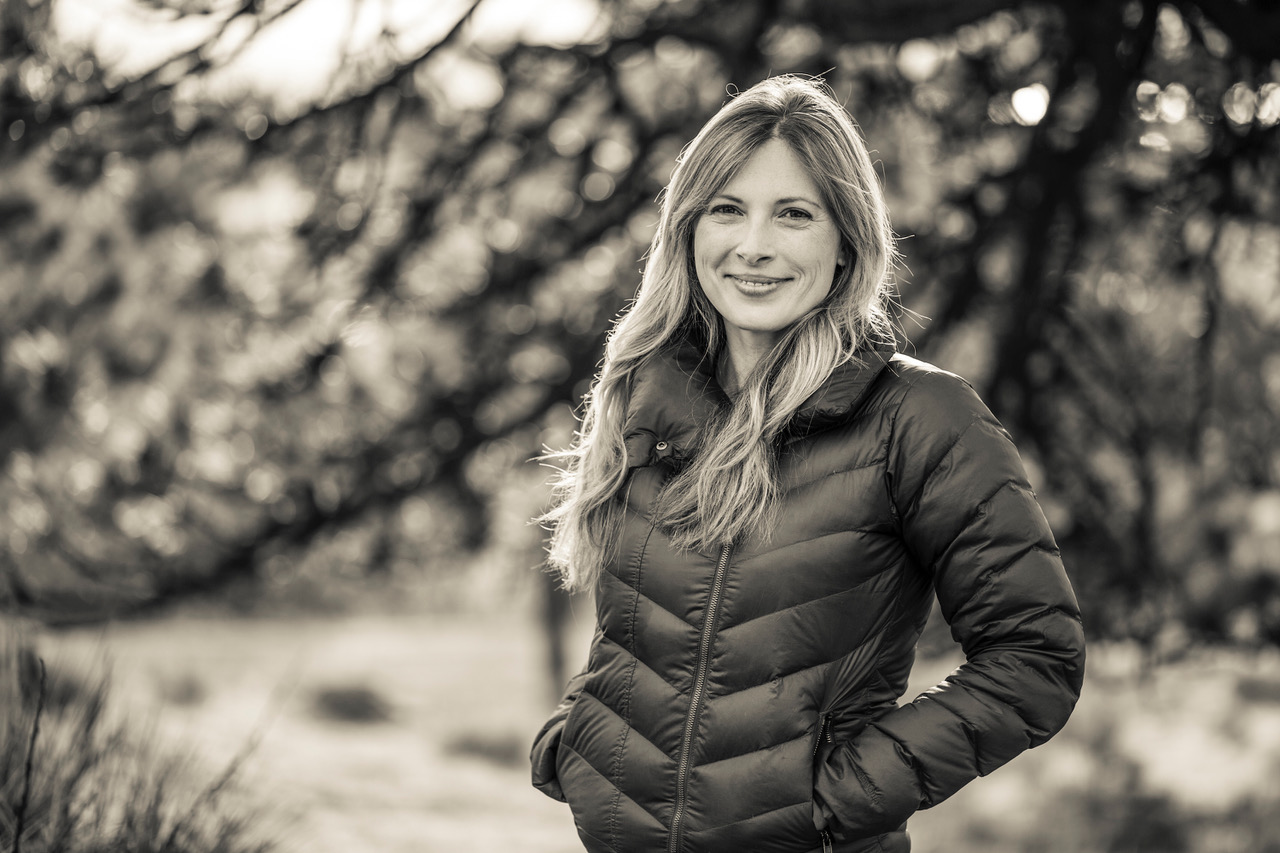
Morgan Heim
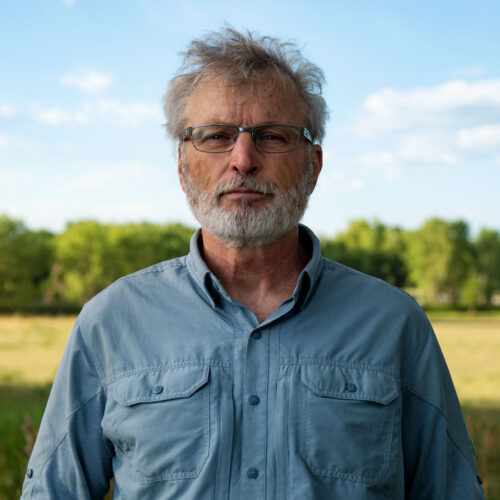
Dave Showalter
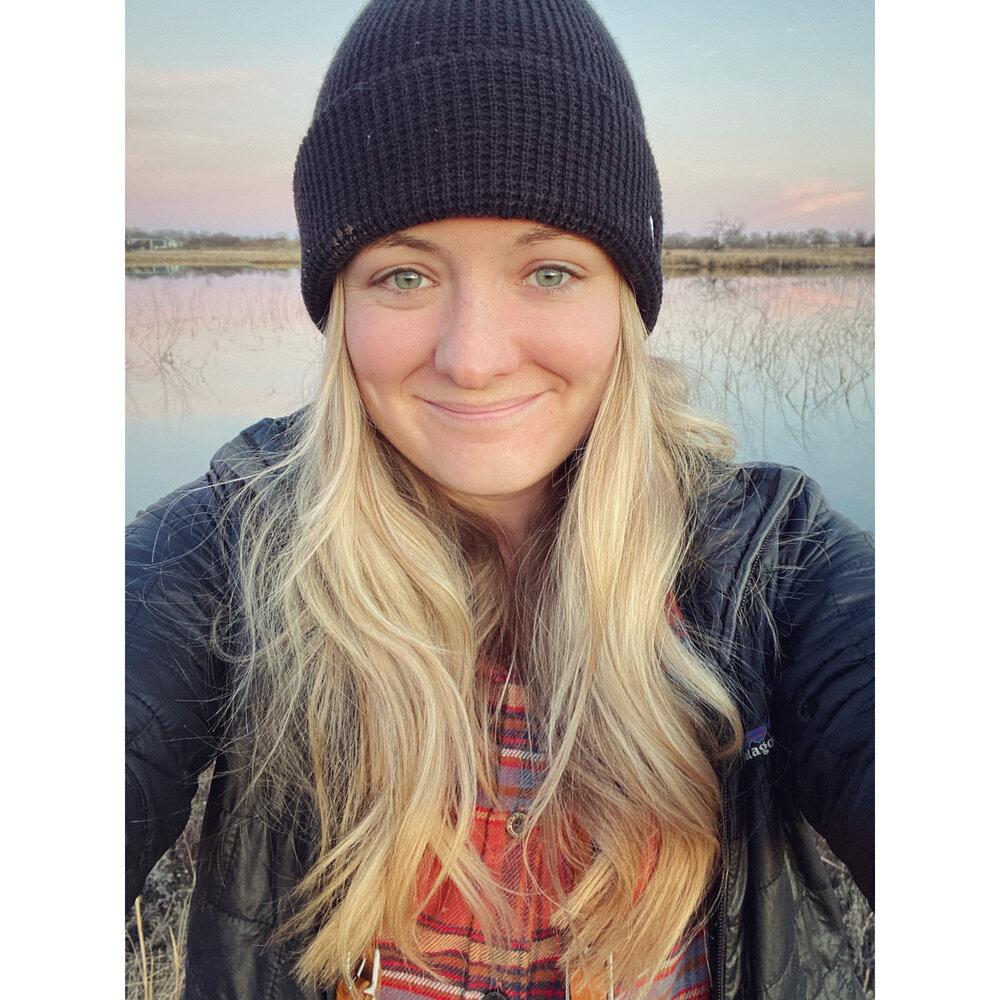
Mariah Lundgren
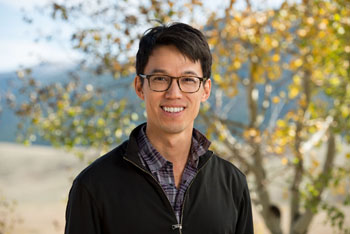
Allen Murabayashi
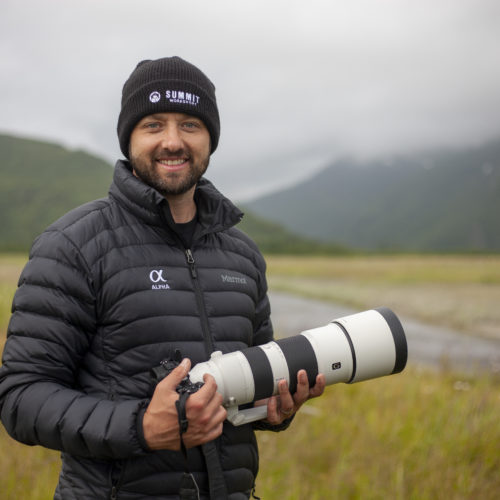
Chris Steppig
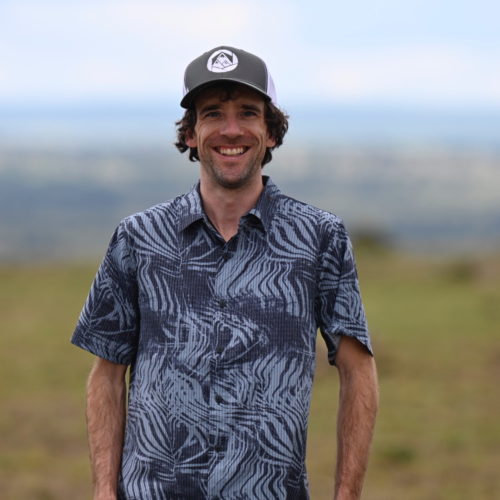
Matt Stirn
Michael Forsberg
Mike is a senior fellow with the International League of Conservation Photographers who has focused his career on North America’s Great Plains, its prairie wildlife, and watersheds. His work has appeared in National Geographic and Outdoor Photographer, and his books on On Ancient Wings and Great Plains – America’s Lingering Wild have been turned into documentary films for PBS. Mike is co-founder of the Platte Basin Timelapse Project, and currently serves as faculty with the University of Nebraska.
Melissa Groo
Melissa is a wildlife photographer, writer, speaker, and educator. She’s a contributing editor to Audubon magazine, writes a column on wildlife photography for Outdoor Photographer magazine, and is an Associate Fellow with the International League of Conservation Photographers. She speaks and writes extensively on issues of ethics and conservation in wildlife photography, and leads workshops in the U.S. and abroad. Melissa was Chair of the Ethics Committee for the North American Nature Photography Association from 2014-2018. Her work has been published in numerous books and magazines, such as Smithsonian, Audubon, National Wildlife, and Natural History. Melissa is represented by National Geographic Image Collection and has a long-term gallery at Audubon Greenwich in Connecticut.
Jim Richardson
Jim has work appearing regularly in National Geographic magazine and National Geographic Traveler in addition to Geographic books. Jim is on assignment for Nat Geo projects almost full time and for good reason. Richardson, a onetime newspaper photographer in Kansas and Colorado, brings amazing story-telling techniques along with detailed research to his pictures. Thirty years ago, he began photographing the area around his hometown in north central Kansas.
Morgan Heim
Morgan (Mo) Heim raises a camera for one purpose – to capture moments in an animal’s life that will make us consider what that life means. Inevitably, those stories involve people as much as wildlife. How we treat them. Why we need them. What we love, or hate about them. Mo, used to work as a wildlife ecologist for NOAA on things like killer whale surveys and the Elwha Dam Removal project. She later earned a Master’s in environmental journalism and is a senior fellow of the International League of Conservation Photographers (iLCP). She has covered endangered fishing cats and shrimp farm development, and the environmental impacts of marijuana grows in our nation’s forests. In 2016, she became a National Geographic grantee for her collaboration on urban coyotes. Her photographic work has appeared in outlets such as Smithsonian, Discover, NationalGeographic.com, Nature Conservancy Magazine, and bioGraphic.com.
Dave Showalter
Dave Showalter is based in Colorado and focused on the American West. Dave has published two books – Sage Spirit, The American West at A Crossroads by Braided River (2015); and the award-winning Prairie Thunder by Skyline Press (2007). Dave’s photographs and articles have appeared in numerous publications, including Audubon, Conservation Biology, Outside, Outdoor Photographer, National Parks Magazine, High Country News, Wilderness, Colorado Life and elsewhere.
Mariah Lundgren
Mariah is a conservation storyteller, filmmaker and photographer. She is dedicated to telling stories within the Great Plains and the American West. She loves giving voice to the voiceless and telling stories that will help people better understand our natural world.
She is a graduate of the University of Nebraska–Lincoln with a BS in Environmental Studies, and a minor Fisheries & Wildlife. She is the producer & project manager for the Platte Basin Timelapse project; a long-term documentary project using time-lapse and traditional photography and multimedia storytelling to educate about the Platte River Basin and what it means to live in a watershed today. This project has taught her the art and importance of storytelling and science communication. She is also a photographers assistant with Michael Forsberg who is Senior Fellow with the International League of Conservation Photographers and is represented by National Geographic Creative.
Allen Murabayashi
Allen Murabayashi is the Chairman and Co-founder of PhotoShelter, the worldwide leader in photography portfolio websites, photo sales, marketing and archiving tools for photographers. Allen previously served as a founding employee and Senior Vice President of Engineering at HotJobs.com.
Chris Steppig
Chris is the owner and director of Summit Workshops. Summit was his first job out of college and nearly 20 years later, this is home. He is in charge of all workshop operations, scheduling, logistics, faculty, social media, marketing and sponsorship. Chris has a passion for conservation, travel, and education and the workshops are a dream platform to help others reach new heights as not only photographers but as people.
Chris is an affiliate of the International League of Conservation Photographers. The iLCP is a U.S. based non-profit whose mission is to further environmental and cultural conservation through ethical photography. This affiliation provides a tremendous opportunity to help deliver great content and also be an advisor on matters large and small. He is also a professional advisor for Outdoor Photographer magazine. Through collaboration and great communications with the editor of the magazine, there have been countless articles written by Summit Alumni in the magazine over the years.
Matt Stirn
Matt is a photographer, writer, and archaeologist based between Boston and Jackson Hole, Wyoming. He holds a graduate degree in Environmental Archaeology and focuses on stories related to culture, history, and conservation. Matt is a Contributing Editor for Archaeology Magazine, a National Fellow at The Explorer’s Club and has written and photographed over three dozen feature stories for publications including Smithsonian Magazine, National Geographic, The New York Times, BBC Global News, and GEO.
Breaking Down some terms
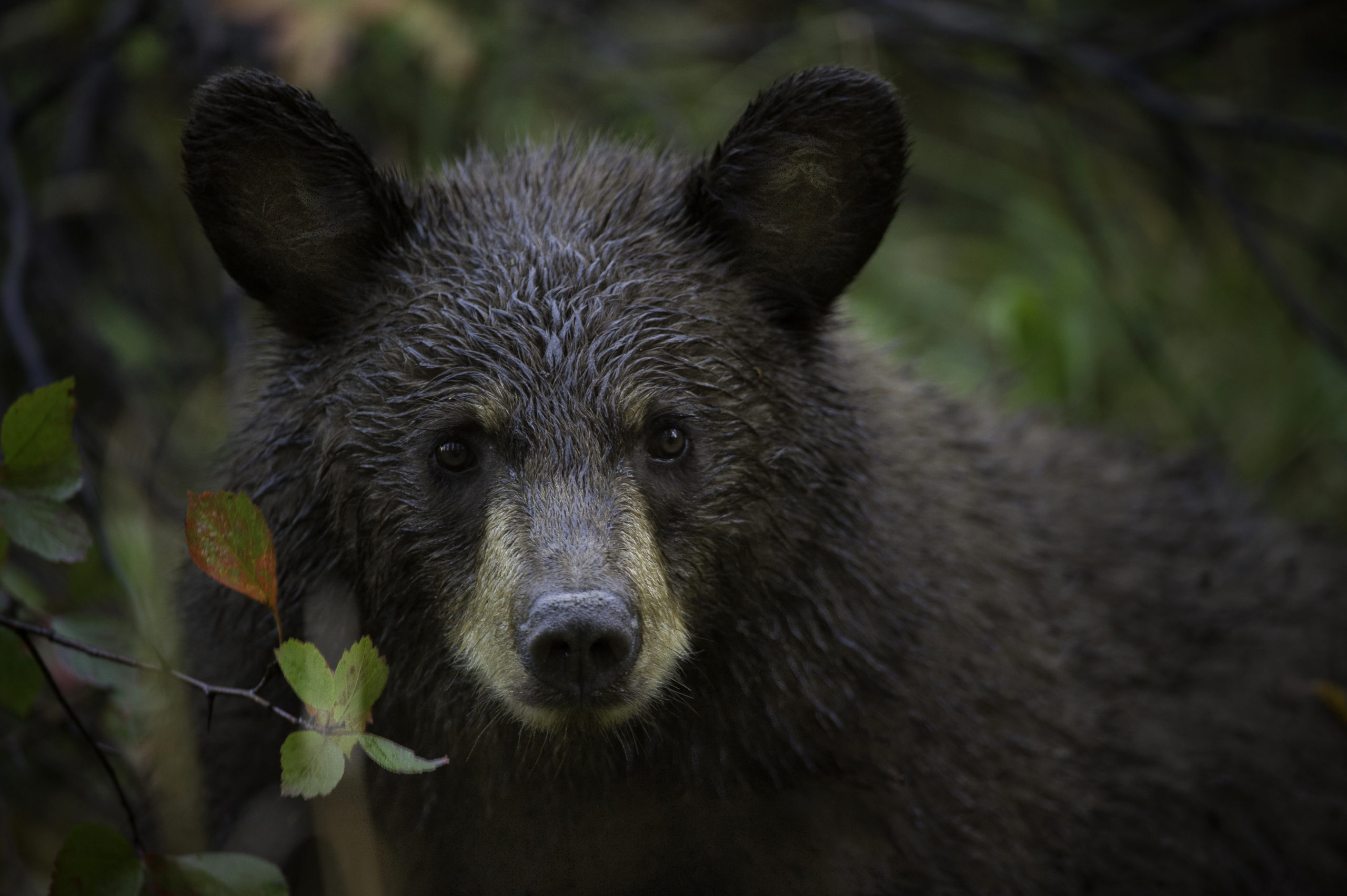
Image critique
Image Critique is constantly mentioned as being the most important/valuable component of the workshop. It’s not only a chance to get your work reviewed, but also to see your peers’ images. It is not structured as a competition, but a growth experience. So do not feel it has the be your best of the best or how it might stack up to others. You might have an image that you like, but are not sure if it works… You get to hear the opinions of the faculty and everything you will hear from them is 100% meant to help you. It is also anonymous.
We will ask each student to submit three images and we will provide specific instructions on sizing/naming as well as a link for uploading. For the images, they just need to be from this workshop! We will send the link out the afternoon before the image critique, which gives you the evening to get your images in! If you want help editing we are happy to help, especially if you get down to a smaller selection and just can’t decide. ALL images will need to be submitted before 9am on the day of the critique so we can get the slideshow organized.
Portfolio Review
There will be several opportunities for reviews, these are 1:1 opportunities between you and a faculty member. These time blocks will be around 20 minutes and we will provide sign up sheets in the classroom. We will make sure everyone that wants one gets at least one if not two! ALL faculty will be available during these times. The time can be used to show work, or talk about photography, business, or anything else under the photographic sun. If you are showing images this is best done on a laptop or iPad.Keeping the time in mind, you also want to have time for conversation. Having a folder of 15-20 is a really good range to have a great discussion. We suggest having the images downloaded and not showing a website. If the wifi is spotty, you don’t want to waste your time waiting for things to load!
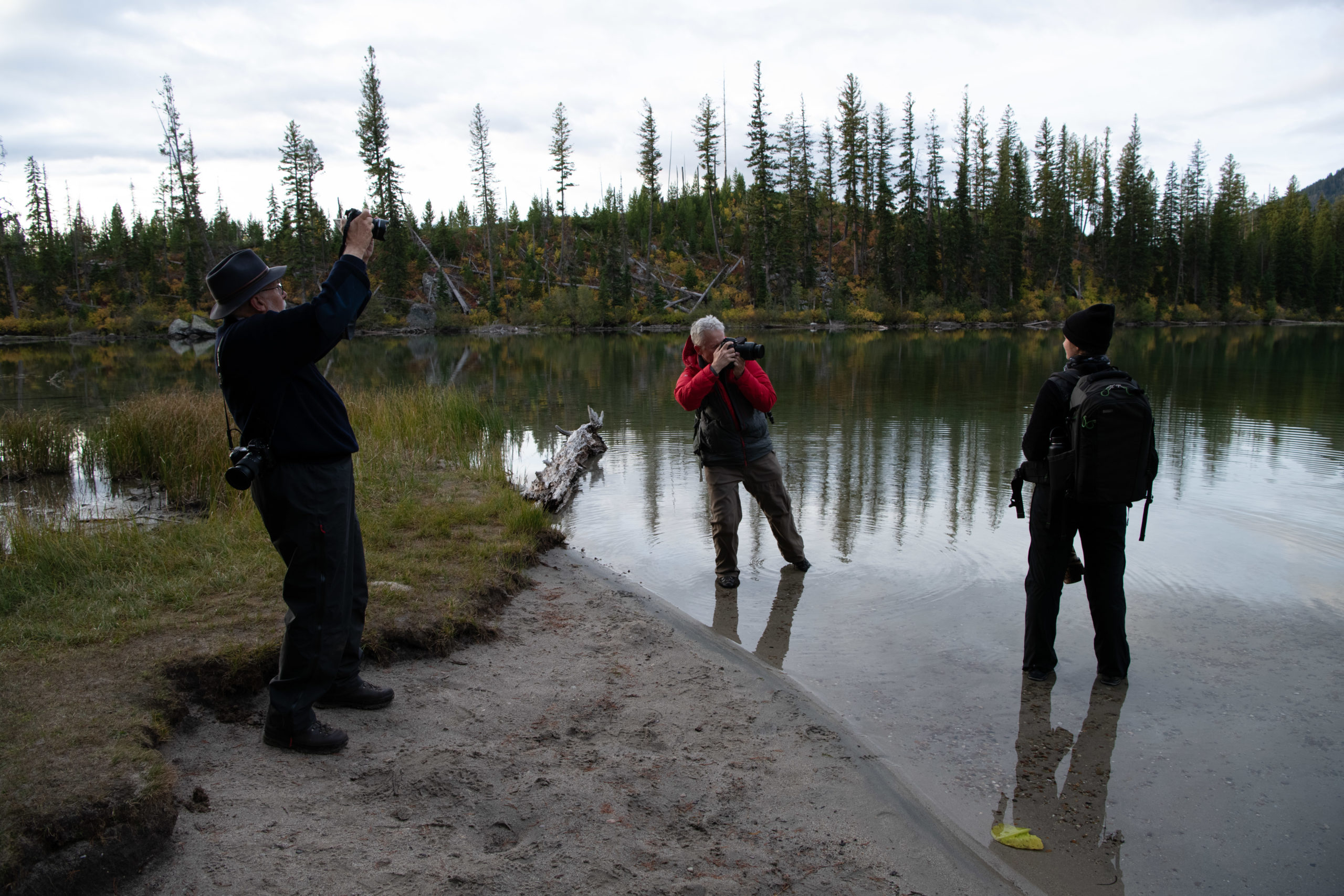
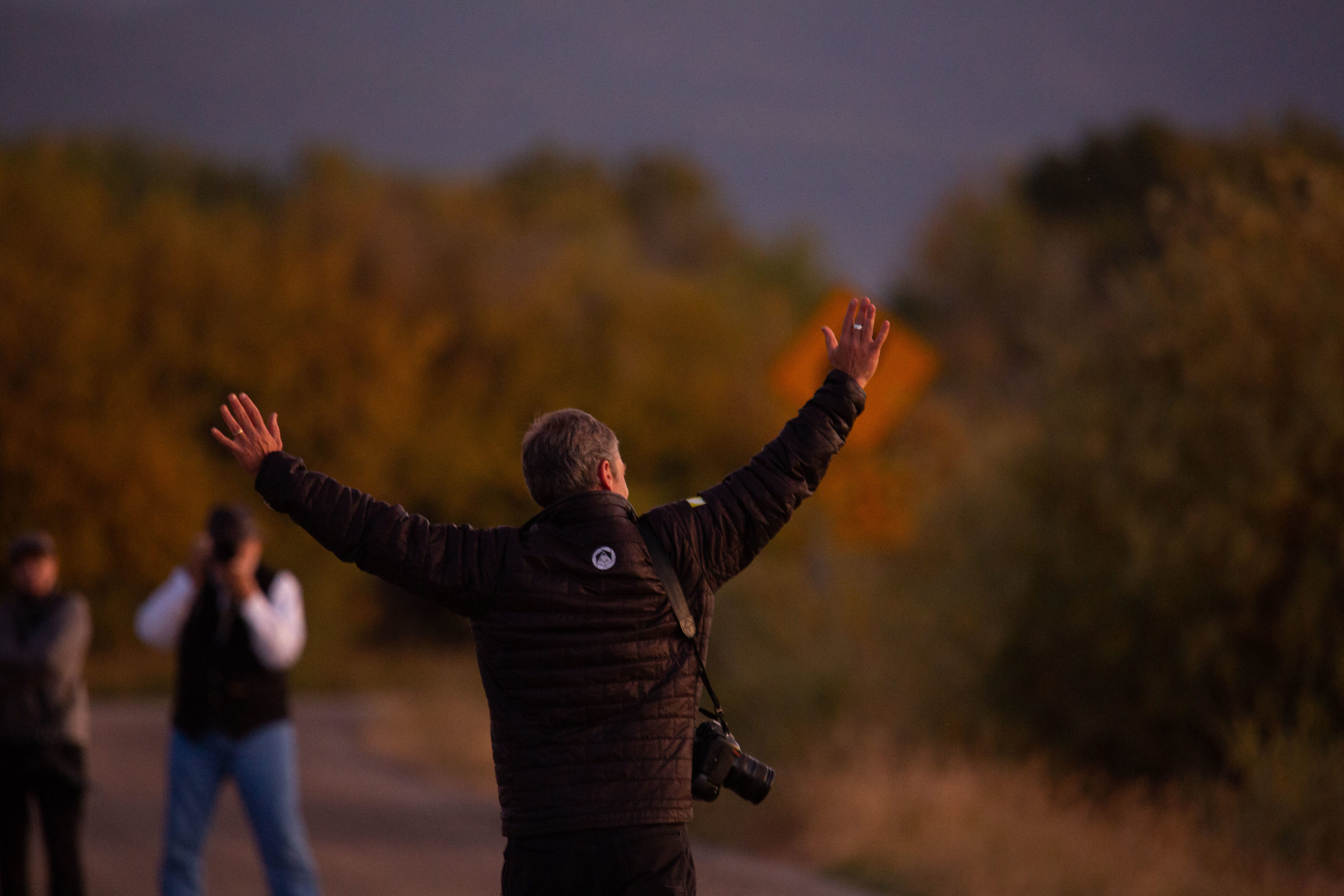
Networking & Additional Education
Ask to take an instructor to lunch or buy them a drink in the evening? What a better time to get to chat with and learn from them. Don’t be shy, the “down time” is your chance to build your community and make some friends along the way!